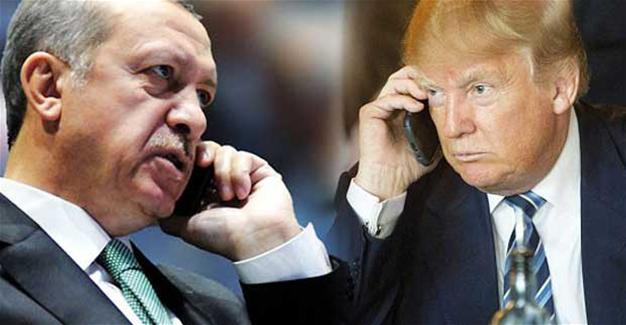Turkey’s Fraud & Corruption Rate Twice World Average
When nations experience noteworthy growth, companies also get bigger and expand their production and range of services, which inevitably results in more complex corporate structures. However, corporate growth can also expose organizations to greater risks and vulnerability to fraud and corruption.
Awareness of fraud and corruption in organizations has increased thanks to the Internet and global media attention, costing companies billions and severely damaging or destroying reputations. Fraud and corruption are major problems in Turkey.
The Association of Certified Fraud Examiners (ACFE) notes that the world average for fraud in organizations is calculated at 7 percent of total turnover, whereas this figure is about 15 percent in Turkey. Despite various anti-fraud laws that have been passed in Turkey and significant attempts to create more a ethical culture in organizations, fraud continues to be an inevitable and unpleasant component of modern life.
Private forensic accountancy firms specializing in this field attempt to minimize the incidence of fraud and corruption in organizations. In fact, Al Capone, one of the most notorious US gangsters of the 20th century, was finally brought down by being prosecuted for tax evasion thanks to the use of a forensic accountant by the Internal Revenue Service. The role of forensic accountants is as important in Turkey as it is worldwide.
To understand the importance of real-life fraudulent activities, forensic accountant Muhsin Bilgi shared with Sunday’s Zaman an example of a fraud case that his company, Muhsin Bilgi Audit Services, uncovered involving a store selling the licensed products of a famous football club. “By a very simple technique at the cash register the management and employees of the store had undeservedly earned TL 180,000. Another example involved a hotel’s human resource manager, who had indicated there were 900 employees on staff when there were only 800 people working there. As an outcome of this fraud in staffing numbers, the hotel had suffered monthly losses of TL 70,000,” he said.
There are six types of fraud, namely internal and external company fraud, employee fraud, management fraud, investment fraud, customer fraud and vendor fraud. For example, fraud can occur in the form of embezzling funds, not registering funds received or underreporting funds received in the company’s registries. Another example can be as simple as providing a generous discount to a customer without having the authorization to do so. False claims made to medical insurers for injuries or ailments that the claimant does not have is also an example of fraud.
One of the most dangerous forms of fraud for an organization is when the fraud is committed in the name of the company. Examples include misleading claims about products, offering returns on investment that can never be realized or falsifying financial statements to mislead analysts and investors. When these kinds of fraud and corruption are made public, this can lead to the bankruptcy of a company and the resignations or arrests of top executives. It can also lead to the depreciation of shares and the collapse in the market value of a company.
The Deloitte report “Corporate Resiliency: Managing the Growing Risk of Fraud and Corruption” states that “[f]raud itself cannot be eradicated, but fraud and corruption risks can be managed like other business risks.”
Bilgi told Sunday’s Zaman that this view is correct since fraud and corruption will always exist where there are money and people. “The most important point here is to minimize these unethical activities by increasing the controls and supervision in an organization. Therefore the role of fraud auditors is very important. While normal auditors focus on whether the company’s payments, bills, invoices, etc., are in line with the rules of accounting, forensic accountants look at whether there are any signs of fraud or corruption in these bills and invoices. Small or large, the amount is not important for us,” Bilgi said.
Erol Demirel, an independent accountant, told Sunday’s Zaman that he disagrees with this view, saying that giving priority to preventing informal economies will in itself address fraud and corruption in Turkey. “For instance, there are many people who have witnessed or been party to serious fraudulent activities. However, as they are in receipt of unregistered earnings, they are unable to lodge a complaint because of the fear that their own fraud will also be exposed,” Demirel stated. “I believe that reducing informal economies and increasing internal auditing within companies will solve this problem,” he said.
Even though companies have implemented several regulations to address fraud and corruption, there are those who say that hiring employees who show more respect for religious or ethical values could effectively decrease this rate. Demirel noted that employing people with stronger ethical values could have an impact on the rate of fraud and corruption but that a greater influence on fraud in companies is the financial problems faced by individuals. Bilgi argues that is crucial to hire suitable staff but says that this factor in itself will not be enough to prevent fraud and corruption. “Nobody is perfect. If a certain person wants to earn more money or has problems such as a drinking or drug habit, they are more likely to become involved in fraud or corruption. According to one US-based survey, 10 percent of employees said they were involved in fraud on a regular basis. In the same report 75 percent of people responded that they would act fraudulently if given the opportunity.
27 February 2011, Sunday
SOURCE: TODAY’S ZAMAN




